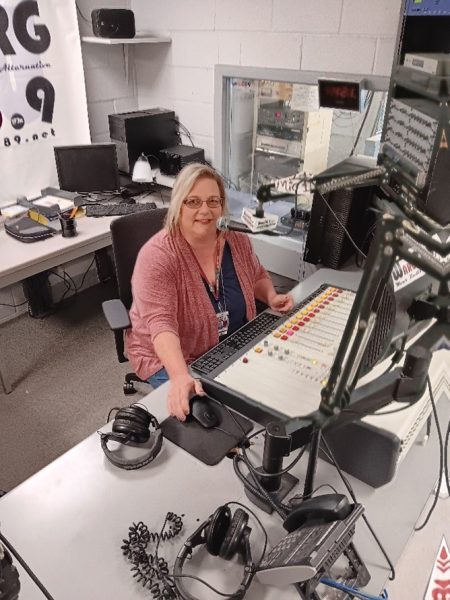Music in Our Everyday Life
May 5, 2023
In all my years of living, something that I have been doing for as long as I can remember is listening to music. Something that we all love to do because it is soothing and peaceful. Although sometimes it is not.
Many do not realize why we listen to the type of music we do and might wonder why it might change or affect our emotions. I’m here to tell you why this happens.
To begin with, music is a key factor in our everyday lives. Without it the world would be boring and quiet all the time. Who wants that?
Everywhere you go you hear music—the store, the street, the car, watching TV, even sitting quietly and you suddenly start humming a song that’s been stuck in your head all day. It is everywhere. Music is all around us.
The genre of music you listen to might be based on how you feel. You might listen to RnB music because you might be in love or just got your heart broken. You might listen to rap or hip-hop music because you are hype and ready to turn up. But why do you listen to the music you listen to?
According to Belluck, the writer of “To Tug Hearts, Music First Must Tickle the Neurons” lets us know that our brains can understand music in not only in a “emotional diversion” but also in a form of motion and activity. Music plays a key role in human development, communication, and learning and has been seen as a potential therapeutic tool.
Music is included in everything and makes everyone’s lives better in many different factors of people’s everyday life.
“Musical pleasure: The enjoyment of music involves the same pleasure center in the brain as other forms of pleasure, such as food, sex, and drugs” Fagan says, the writer of “Music, Emotion, and Well-Being”.
Fagan also reports that people took Naltrexone, a type of drug used for treating addiction disorders. Participants listened to their favorite songs, and it was found that their favorite songs were not “pleasurable,” but everyone does not experience natural emotional responses to music. In fact, about 5% of the population does not experience chills when listening to their favorite songs and that is called music anhedonia because of the inability to enjoy music. This can happen when watching things like scary movies. Suddenly, your mood starts changing and you know something is about to happen. This particular response has everything to do with how your emotions adapt to the music you are hearing, according to Yasmin Anwar, Media Relations the writers of “Ooh là là! Music evokes at least 13 emotions. Scientists have mapped them”
So next time you feel a little tingle in your heart when you listen to that Summer Walker album, just remember it is the music that has a big effect on our body’s function, development, and our emotional being.













